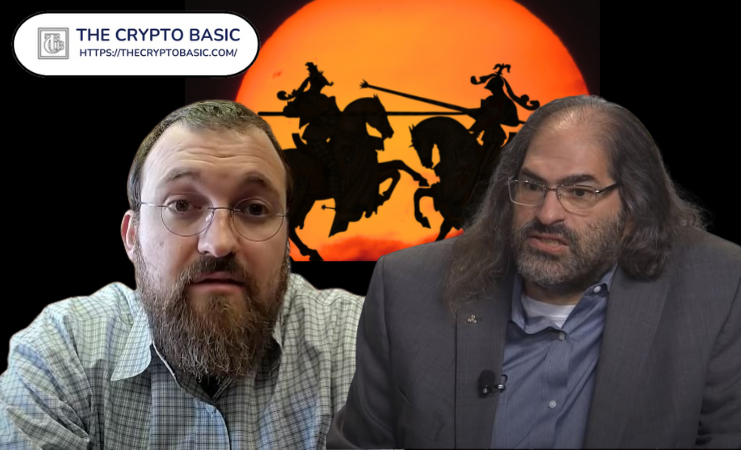The DeFi Education Fund (DEF) has filed a petition with the United States Patent and Trademark Office (USPTO) to challenge a patent held by True Return Systems LLC (TRS). However, the patent in question claims to invent a process for transferring off-chain data to on-chain platforms, a technology that DEF argues was neither new nor unique at the time of its issuance in 2018. The petition aims to initiate an inter partes review (IPR) and seeks the cancellation of all claims in the patent, which could have far-reaching implications for the decentralized finance (DeFi) sector.
The stakes and the strategy
TRS had initially attempted to monetize the patent by selling it as a Non-Fungible Token (NFT). When that strategy failed, the company resorted to legal action, suing both MakerDAO and Compound Protocol for alleged patent infringement. DEF’s petition counters that the technology described in the patent was already in the public domain before its issuance. The organization cited prior art, including a NASDAQ patent linking off-chain price data to on-chain transaction history, which was published more than a year before TRS’s patent application.
The DeFi Education Fund’s Chief Legal Officer, Amanda Tuminelli, emphasized the importance of open-source software development in the crypto industry. She argued that patenting such technology contradicts the ethos of open-source development, which thrives on collective innovation. Tuminelli also pointed out the challenges of defending against patent claims in court, especially for decentralized autonomous organizations (DAOs) like MakerDAO and Compound Protocol, which are not controlled by a single entity.
What comes next?
The timeline for an IPR is quite stringent. Once a petition is filed, the patent owner has three months to respond. The USPTO then has six months to decide whether to proceed with the review. If initiated, a decision must be reached within one year. MakerDAO has engaged law firm Perkins Coie to fight the default judgment and is seeking more time, while Compound Labs is looking to intervene in the case and is represented by Morrison Cohen LLP.
The DEF’s legal action has sparked discussions among crypto enthusiasts and experts, many of whom are calling for more robust mechanisms to prevent such legal disputes in the future.
In summary, the DEF’s petition against TRS’s patent claims could set a precedent for how intellectual property disputes are handled in the burgeoning DeFi sector. It also underscores the complexities and potential pitfalls of navigating legal frameworks in a space that is inherently decentralized and collaborative. The outcome of this case could either fortify or undermine the legal defenses available to crypto projects, making it a closely watched event in the industry.





